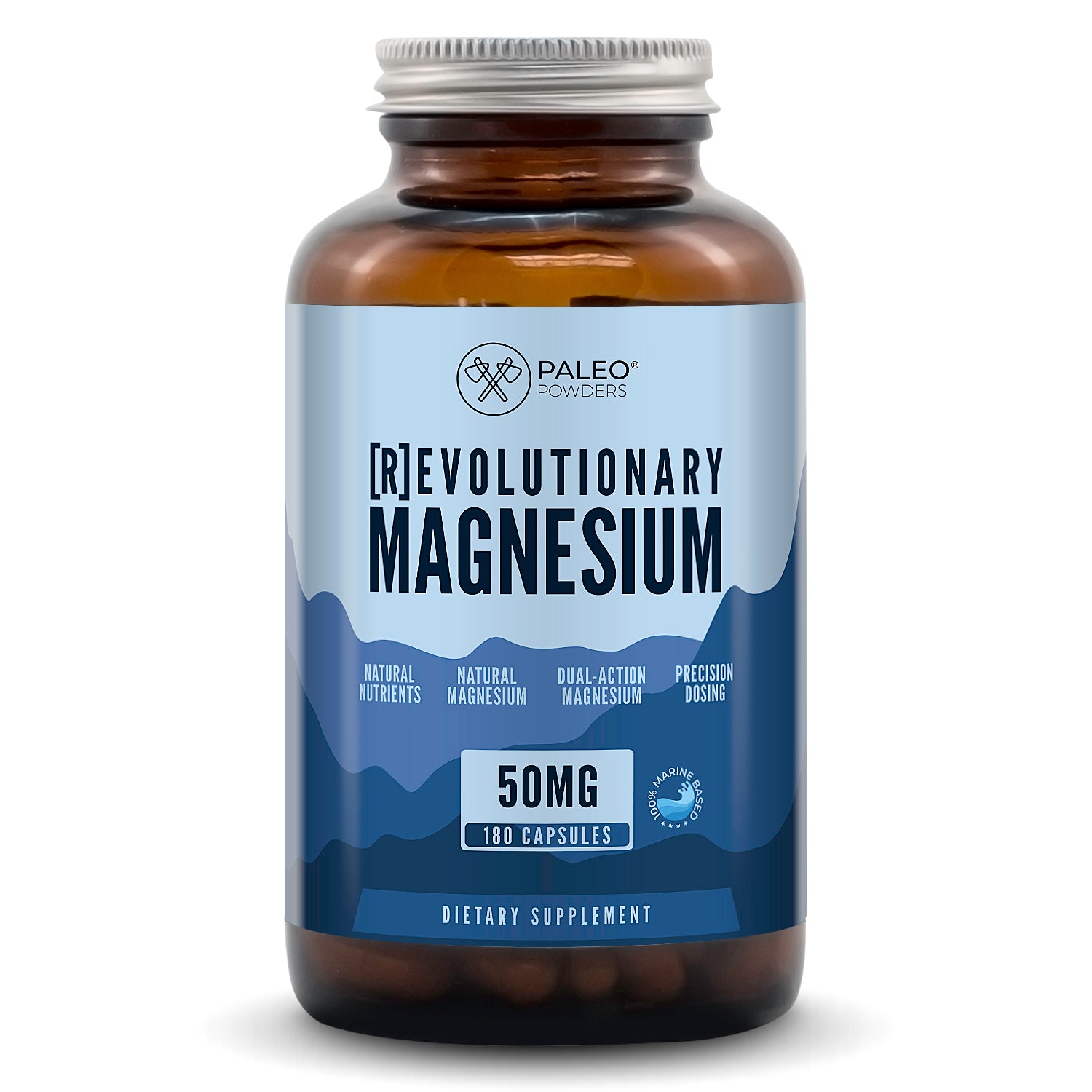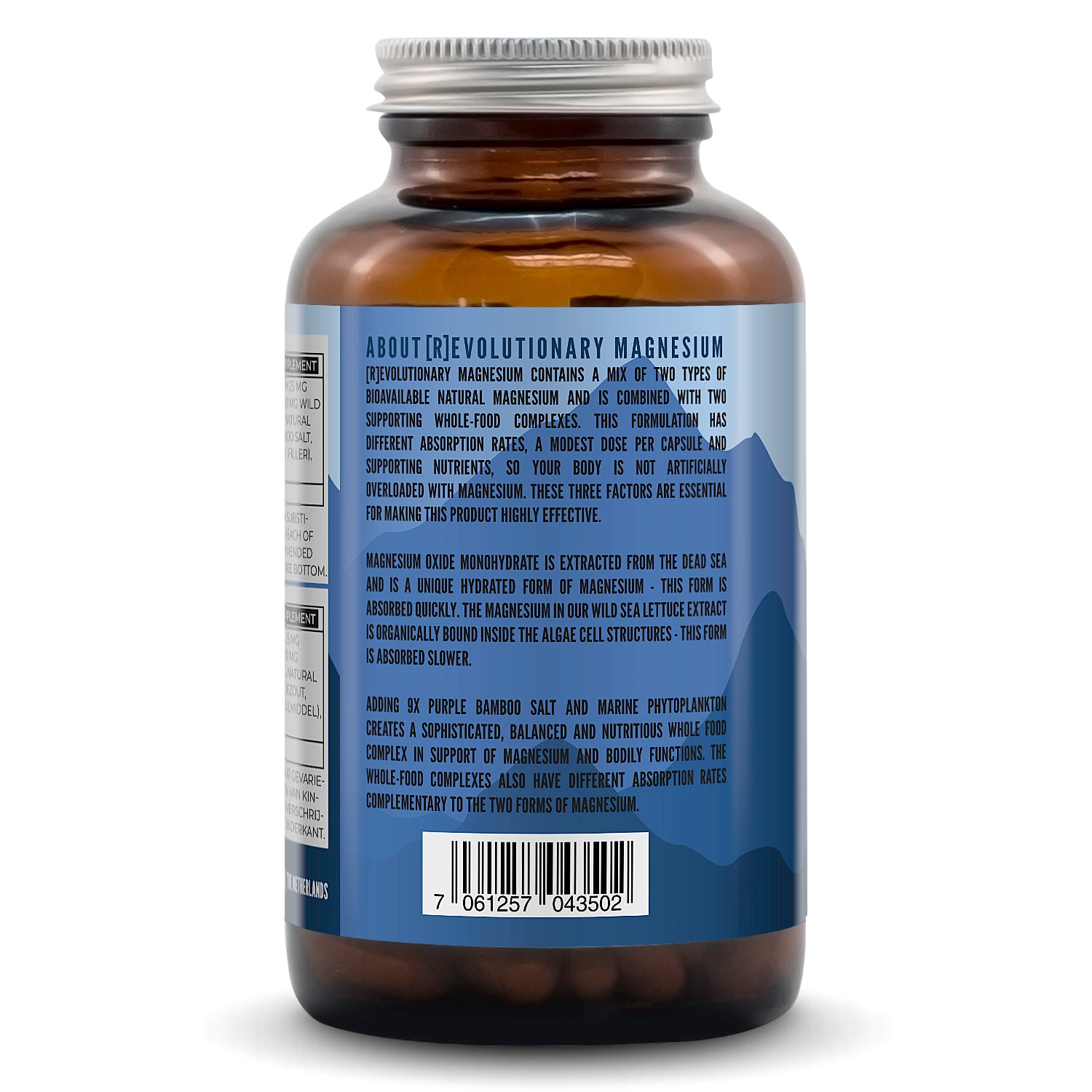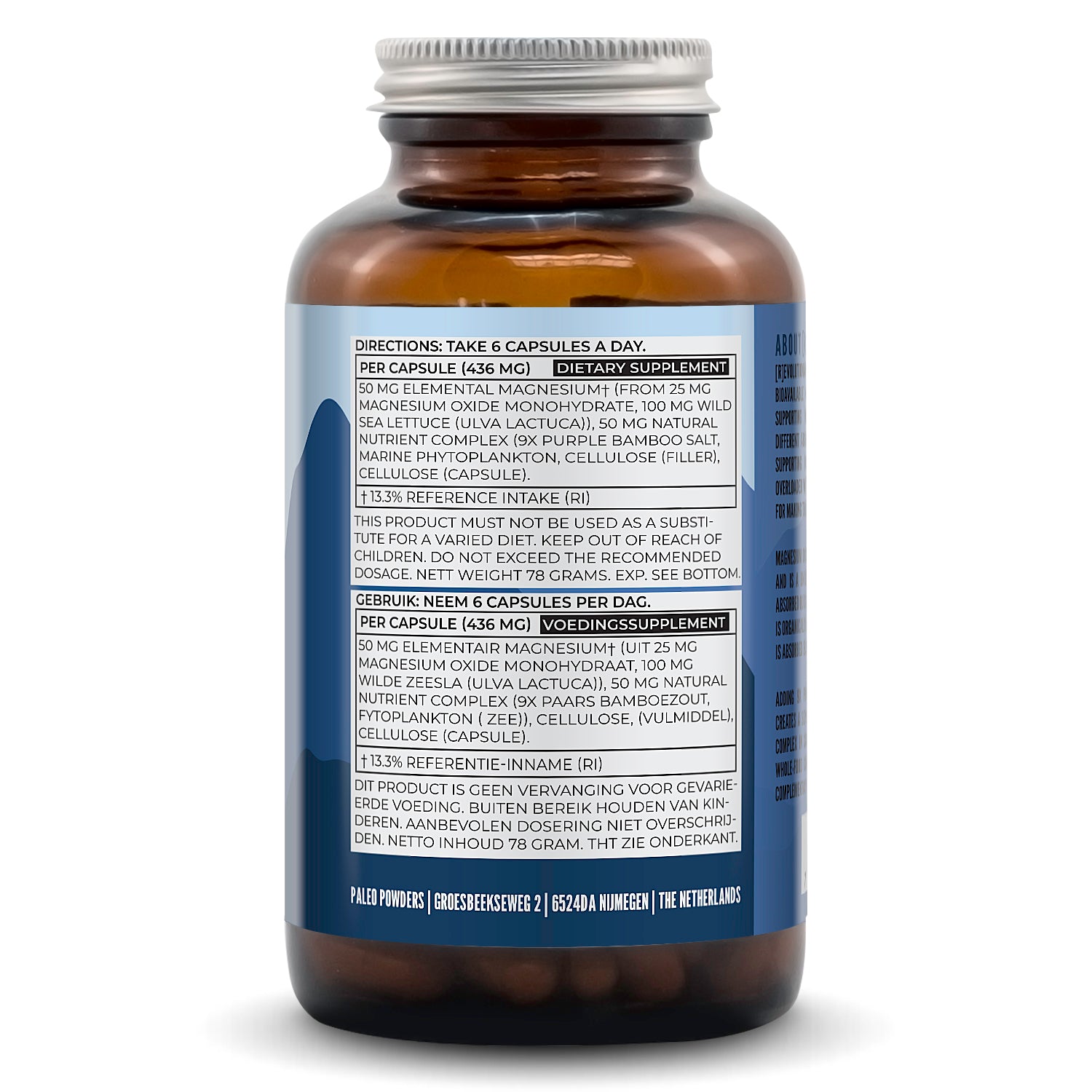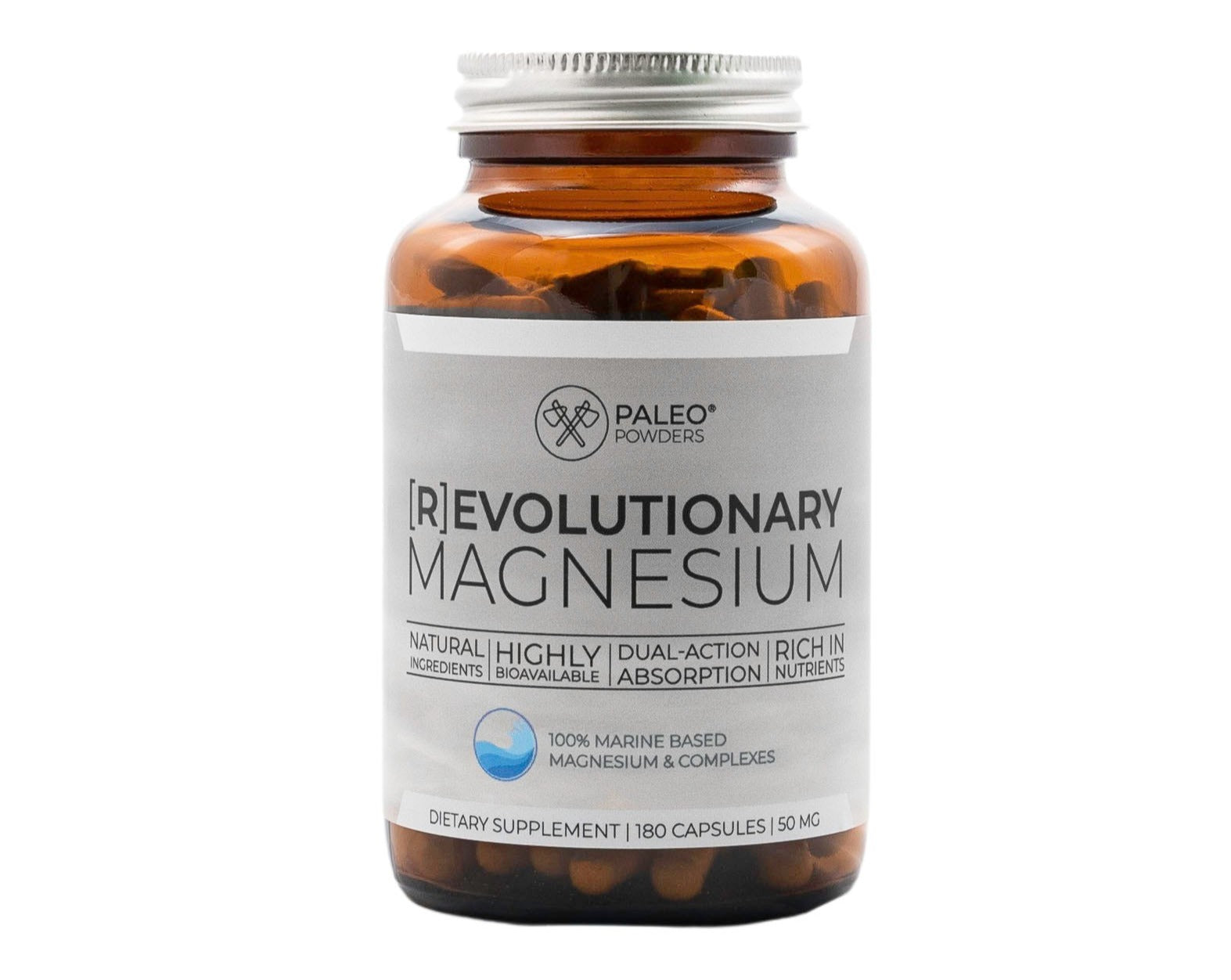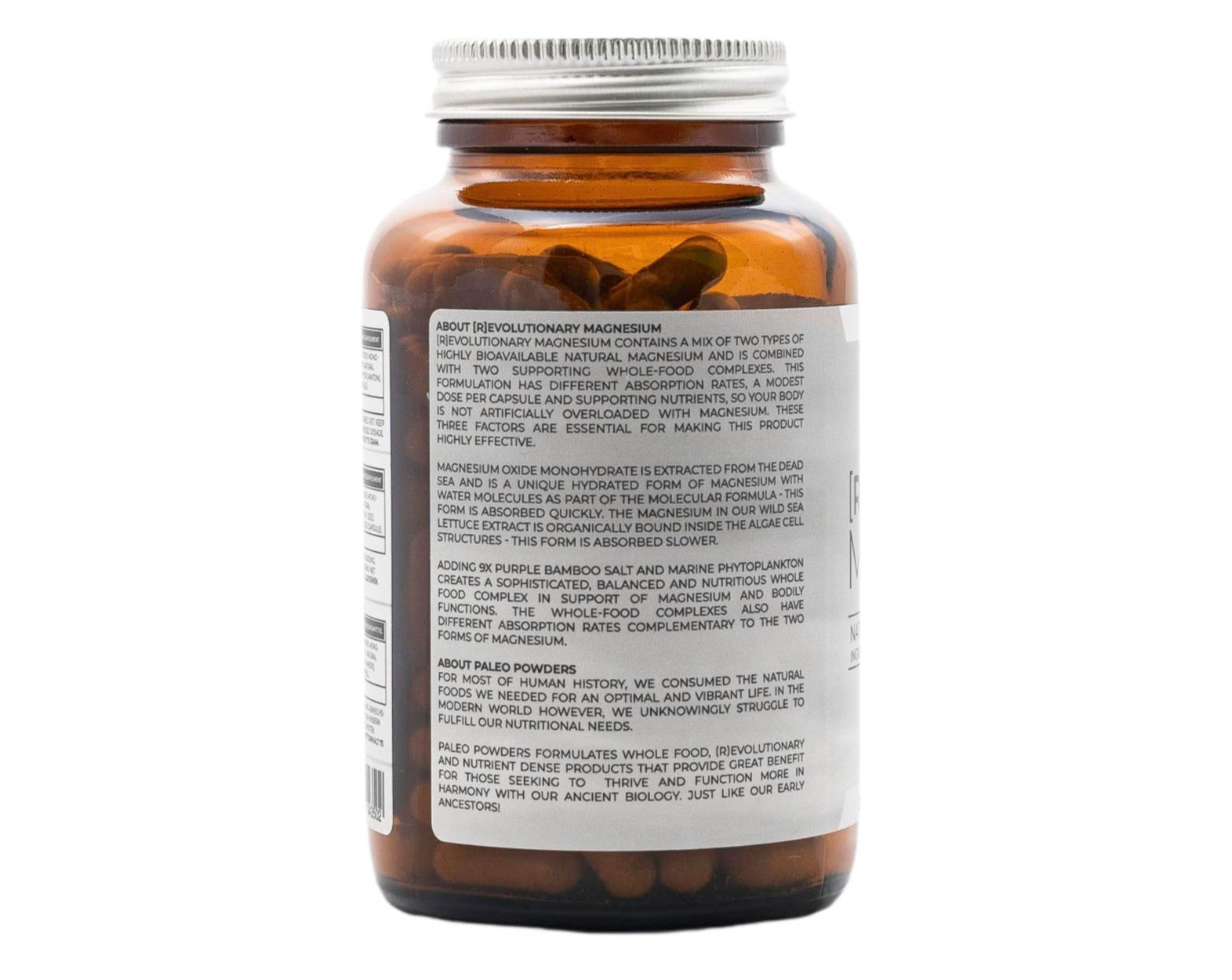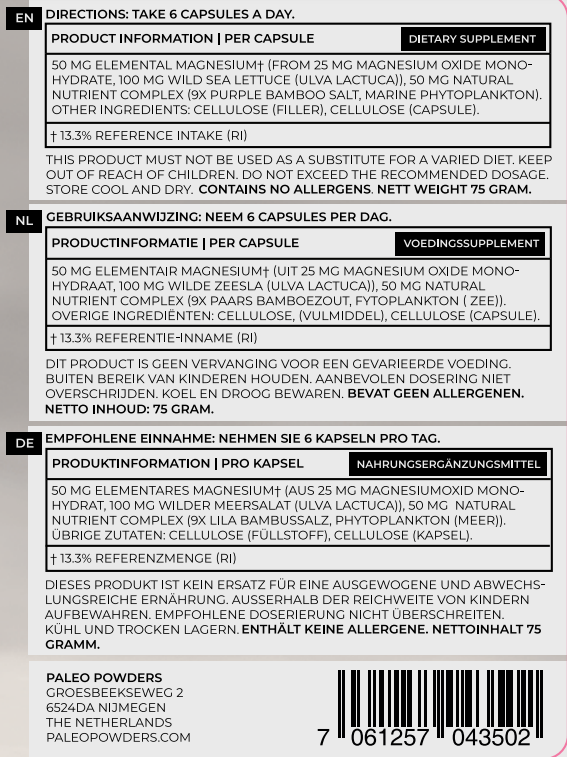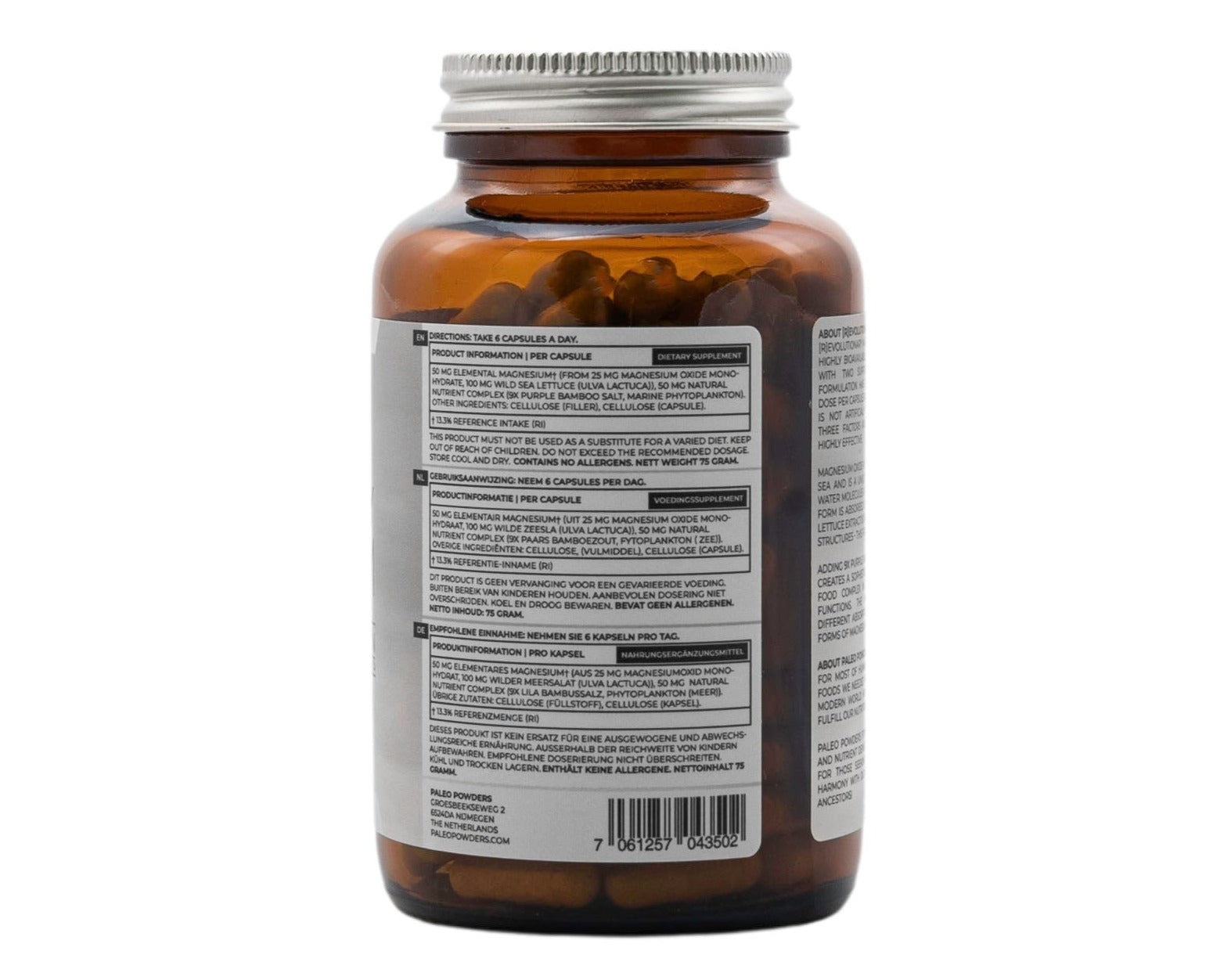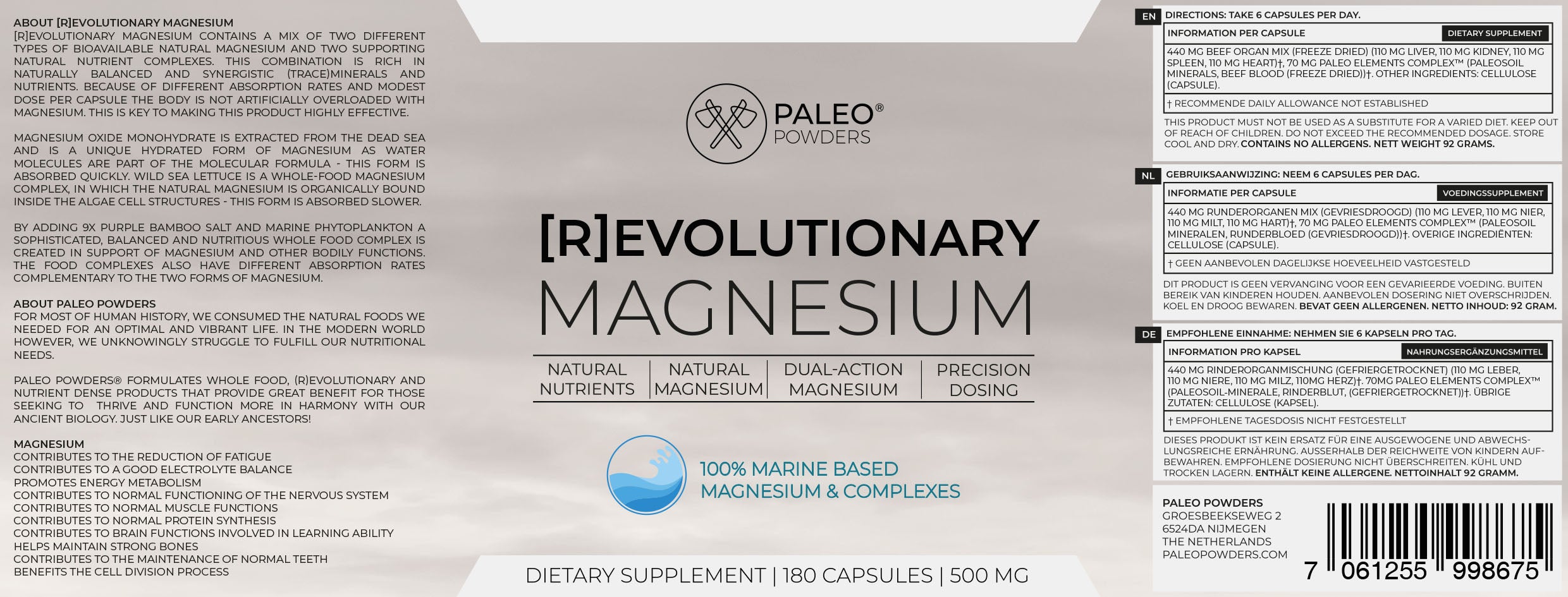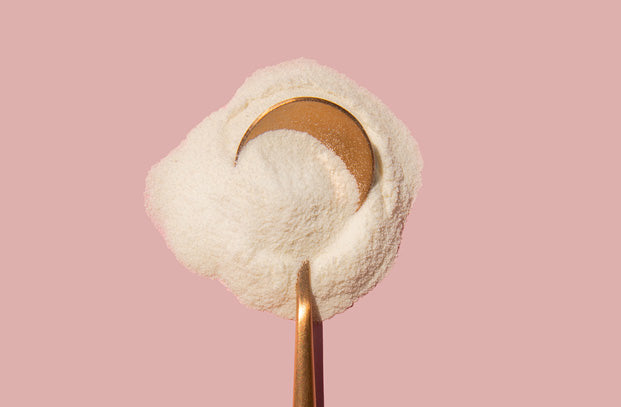
The best Magnesium supplement
Magnesium is a crucial mineral for the human body and many adults are deficient in it! In addition to bone health and the nervous system, magnesium also supports a positive state of mind.
Although we only need small amounts of magnesium relative to other nutrients, we still need to replenish our bodies regularly. This can be done by eating magnesium-rich foods or by taking supplements.
It is essential to maintain healthy levels of magnesium in the body. This mineral is also an electrolyte, which means that it has an electrical charge that helps with many cell functions. When magnesium levels are low, it is called hypomagnesemia.
The kidneys mainly control magnesium levels in the body and its excretion in urine is reduced when magnesium levels are low. Magnesium is essential for overall metabolism, enzyme function, energy production and neurotransmitter functions.
The body loses magnesium through normal functions such as muscle movement and hormone production. So it's also important to maintain normal levels of magnesium because of the way magnesium interacts with other nutrients.
Magnesium directly interacts with calcium, vitamin K and vitamin D, so each of these nutrients can affect the functions of the other.
Paleo Powders Natural Magnesium contains 4 main ingredients:
-
Magnesium oxide monohydrate is a 100% natural magnesium sourced from the ocean and consists of magnesium, oxygen and water. Magnesium oxide monohydrate is considered a superior form of magnesium due to its high bioavailability, meaning it can be easily absorbed by the body and used effectively.
- Ulva lactuca, also called sea lettuce, is a type of green algae that is common in the ocean. It is commonly eaten as a food in many parts of the world and is known for its high levels of vitamins and minerals. Some of the possible benefits of Ulva lactuca include boosting overall well-being and supporting healthy digestion. It is also a rich source of antioxidants!
The absorption rates of magnesium oxide monohydrate and magnesium derived from wild sea lettuce are different due to the way they are constructed.
Magnesium oxide monohydrate is quickly absorbed, while magnesium from wild lettuce has a slower absorption rate because the magnesium must be released from the plant structure. It is important to note that magnesium, unlike other minerals, can be absorbed throughout the gastrointestinal tract.
By taking advantage of this physiological benefit with a two-step approach, magnesium absorption can be optimized because not all magnesium is absorbed at the same rate.
-
Purple bamboo salt is a unique type of salt and the process of making purple bamboo salt has a long history, with its origins dating back to ancient Korea. It is traditionally produced and used in traditional Korean medicine. The bamboo salt we use is produced entirely by hand in a traditional way.
The entire process takes more than 3 years. The sea salt is dried in the sun, stuffed into bamboo and covered with mineral-rich clay. It is then placed in an oven where the salt melts at 2500°C to form a lava. All these steps are repeated 9 times. The process also removes unwanted elements and impurities. Together with the high temperatures, activated carbon and sulfur from the bamboo cause the salt to turn purple.
- Phytoplankton , or marine phytoplankton, is a microscopic organism that has influenced the evolution of life on Earth. It is estimated that phytoplankton are responsible for more than 45% of net primary photosynthetic production on Earth. Phytoplankton is a key member of ocean food ecosystems and has a significant impact on the world biosphere.
Unlike ocean plants, phytoplankton are single-celled aquatic organisms found in both salt and fresh water. The history of plankton goes back more than 3 billion years and is the basis of life on Earth. These microorganisms are responsible for creating the Earth's atmosphere and supporting the growth of the first forms of life.
Phytoplankton is an incredible matrix of nutrients that contains not only a broad spectrum of minerals, but also phospholipids, omega 3, all essential amino acids, vitamins, antioxidants, special fatty acids, phospholipids and more.
Intake of Magnesium
To maintain healthy magnesium levels, it is important to consume the recommended daily allowance of magnesium through a combination of diet and supplements. The recommended daily intake of magnesium varies depending on age and gender.
- For women aged 19-30 years, the recommended daily intake is 500-515 mg/day, while for men in the same age group it is 600-620 mg/day.
- For women aged 31 years and older, the recommended daily intake is 520-535 mg/day, and for men in this age group 630-655 mg/day.
When it comes to magnesium, only 30-40% of what we consume in our diet is actually absorbed by the body. This is because many foods rich in magnesium, such as spinach, also contain substances such as oxalic acid that hinder the absorption of magnesium.
In addition, the quality of the soil has declined over the years, leading to a decrease in the amount of magnesium in the food we eat. Therefore, you may need to take magnesium supplements to ensure you get enough of this essential nutrient
If you're tired of buying the same old magnesium products that you can find everywhere, or if you're looking for a natural magnesium supplement that really works, we have good news for you!
Paleo Powders' unique magnesium capsules contain two natural forms of magnesium that are perfectly matched, together with two natural multinutrient complexes that contain essential nutrients. Try Natural Magnesium from Paleo Powders today and feel the difference!


